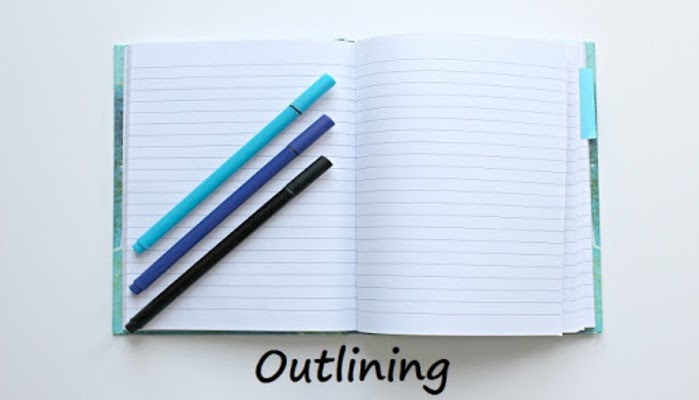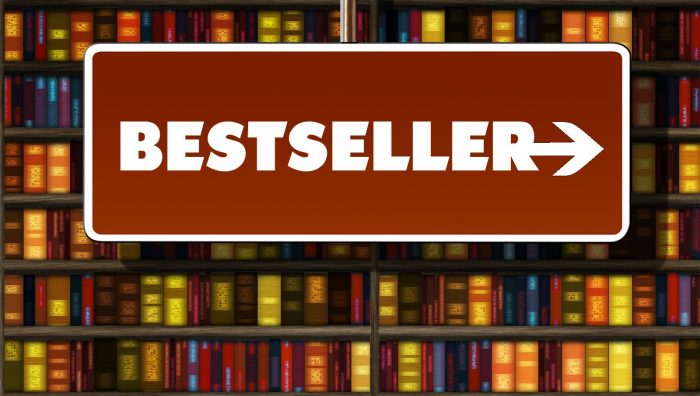book writing
-
7 Steps For Creating Enticing Outlines For Book Series
As all writers of books know, there are two things you need…
-
5 Tips on How to Use Webinars to Promote Your Book
Have you ever considered the costs of hosting a book tour? Hotels,…
-
What Makes a Best-Selling Book?
Last night, I had a vivid dream about the “last unicorns” –…
-
What’s a Book Writer to Do?
I’ve had five novels published professionally, through an internationally-distributed publishing house. I’m…
-
Book Writing and Publishing FAQ
If you want to write a book and have it published by…
-
Book Writing and Publishing FAQ – What Should the Title of My Book Be?
You have an idea for a great book or you’ve already written…
-
Book Writing and Publishing FAQ – How Long Should My Fiction Book Be?
Last week, I wrote about how long nonfiction books should be in…
-
Book Writing and Publishing FAQ – How Long Should My Nonfiction Book Be?
A very common question among aspiring writers is related to how much…
-
Pricing Book Writing Services
I received a question via the Freelance Writing Jobs contact form today…
-
The Brave New World of Writing
Nearly ten years ago, iTunes forever changed the music industry. The familiar…




